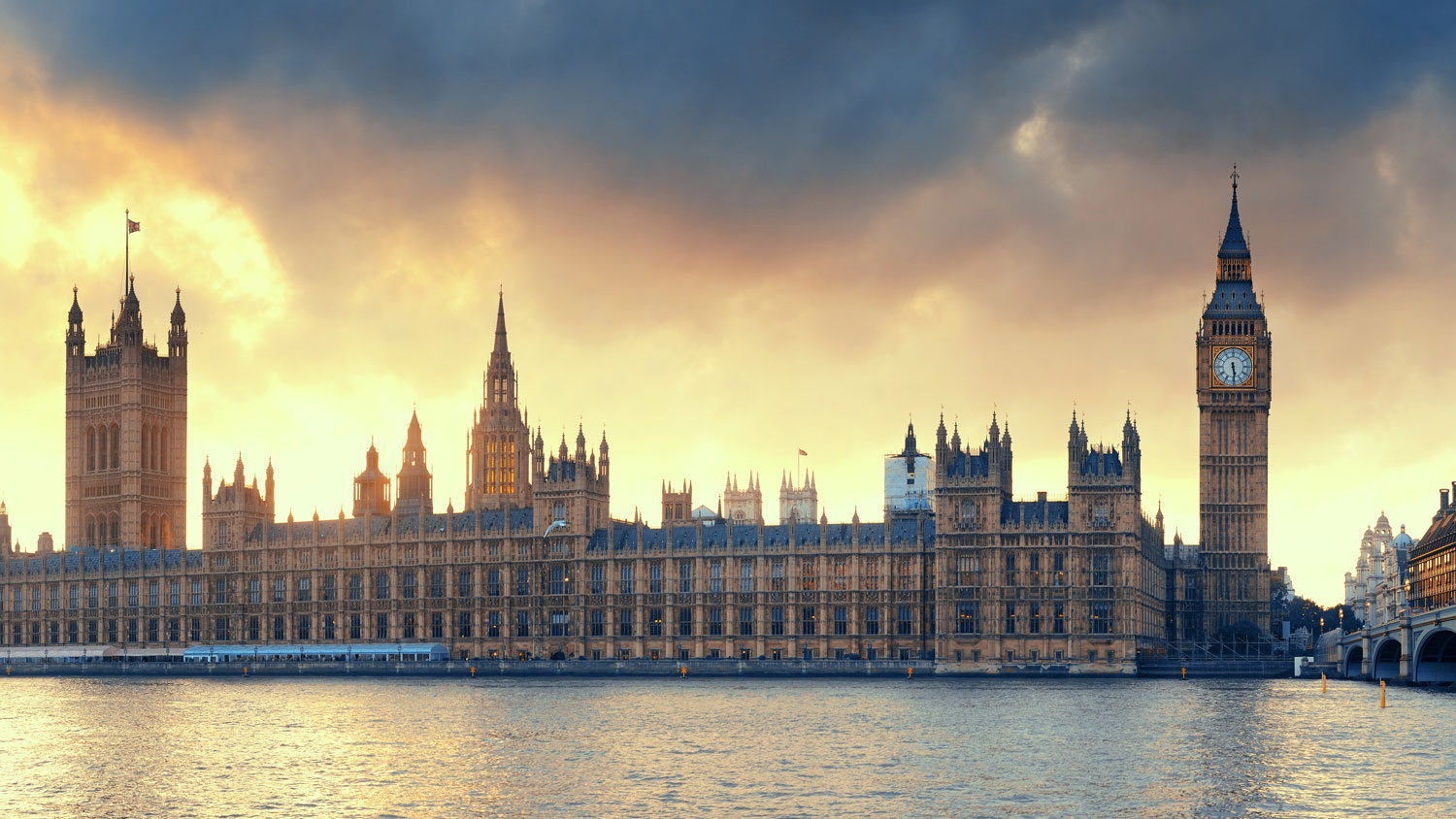
Can an employee be disciplined for breaking social distancing rules outside of work?
Following news that 31 police officers are facing fines for breaking lockdown rules as a result of having haircuts by a professional barber at a police station in London, law firm Nelsons has commented on whether employers can discipline employees who do not follow social distancing rules outside of work. Says the firm:
“The question of compliance raises legitimate questions about how far employers can go in reprimanding and formally disciplining employees who they suspect are breaking the COVID-19 and social distancing regulations while they are away from work."
It is an employer’s duty to protect the health, safety and welfare of its employees and other people who might be affected by its business. They should do what is reasonably practicable to try and achieve this. This means making sure that workers and others are protected from anything that may cause harm, effectively controlling any risks to injury or health that could arise in the workplace.
Says Nelsons:
“For the most part, what someone does in their own spare time outside of work is a matter for them, unless ‘in some respect or other it affects the employee, or could be thought likely to affect the employee when he is doing his work’ (Singh v. London Country Bus Services Ltd 1976). For example, if an employee is convicted of speeding outside of work, this is unlikely to amount to a fair reason to discipline/dismiss them, unless driving forms part of their role.
“Notwithstanding this, these are unusual times and we are of the view that non-compliance with COVID-19 regulations and social distancing rules outside of work could well justify disciplinary action in certain situations.”
The law firm gives the example of an employee who is openly attending mass gatherings, flaunting their social escapades on their Facebook page (which displays the name of their employer) and continuing to attend the office as normal:
“This has scope both to potentially damage the employer’s reputation and to endanger the health and safety of colleagues who share the same workspace. An employer would probably be justified in this situation taking disciplinary action against that employee.”
While each case is different, employers are advised to adopt a consistent approach with these types of issues and consider all information available to them before deciding whether something should be progressed as a formal disciplinary matter.
“Given that as a nation we are unlikely to be completely free of some level of social restriction for some time, it would do no harm for employers to send staff a memo to their workers, setting out the basic expectations on them, both while they are in work and outside of work, and the potential consequences of them not following the rules.
Organisations should make it clear in their policies and rules what behaviour will be regarded as ‘misconduct’ and try to resolve misconduct issues informally – through clear discussions with the individual, highlighting concerns and corrective actions, and reviewing subsequent performance/behaviours.







